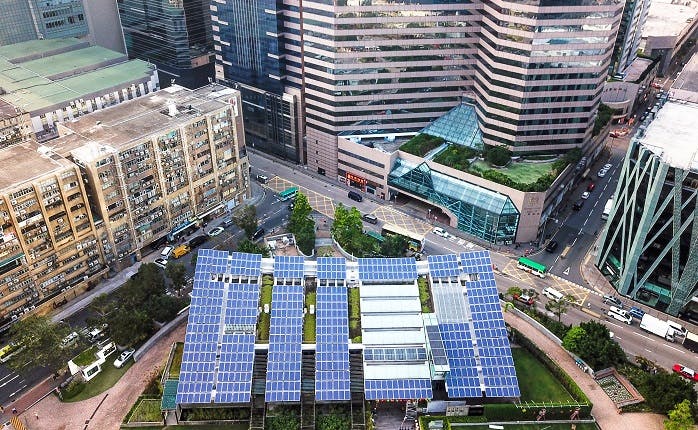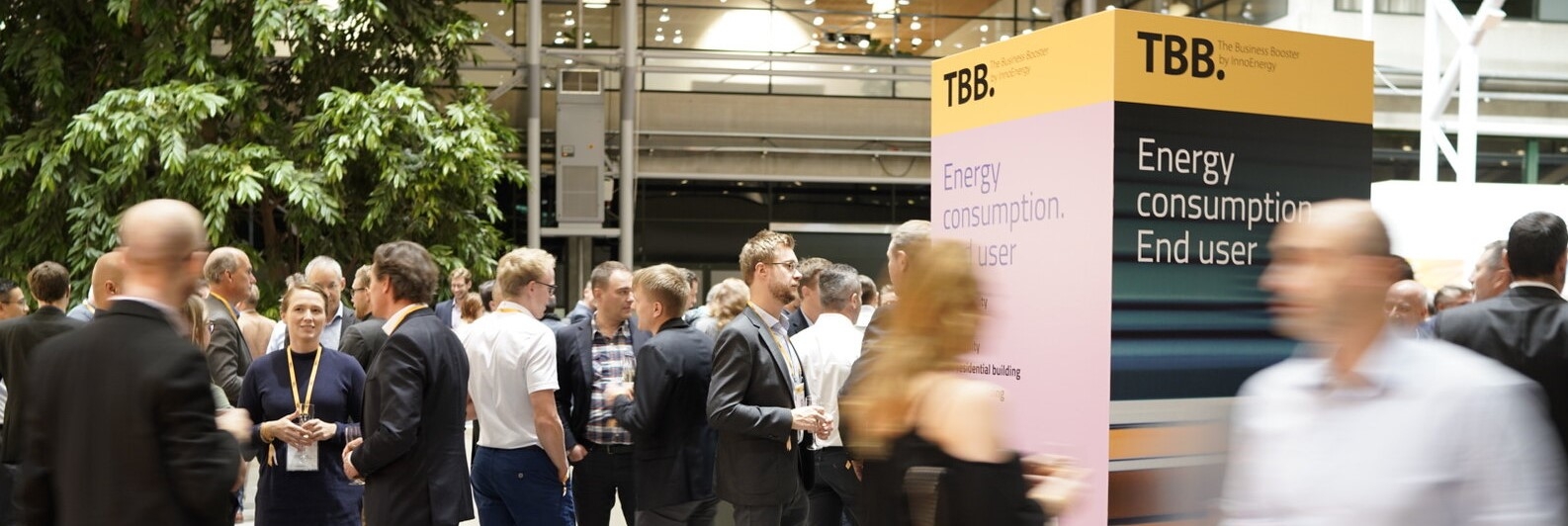InnoBlog: Saving costs in energy at home

The temperatures are slowly cooling down and winter is approaching. With the energy crisis set to raise most Europeans’ energy bills, what can an average citizen do to save energy and reduce their costs?
Check the energy system you have
The first step is to educate yourself: what kind of energy does your home need? Only electricity, or maybe you have a gas boiler to heat water, a gas heater to warm your home or a gas stove to cook? Maybe you live in an urban area and are connected to a district heating system – and if so, what do they burn there?
All these factors influence your bills. But they are also interconnected. You might not use gas in your home, but your electricity bill may still increase because the wholesale costs of gas have increased this year, which means gas-fired power generators must pay more to procure the fuel.
If you live in a single-family home, this may be the extra push to invest in that solar photovoltaic system and/or battery storage system you have been contemplating generating your own energy would reduce your dependence on the grid.
But many Europeans, and students in particular, live in flats or apartments: what can you do in this case?
InnoTalks: Master’s in Energy for Smart Cities
17 January 2023. 15.00 CET. The world’s population is increasingly urban. More than half of us now live in a city. Will you design energy solutions for more efficient houses in the future?
Join InnoTalks: Master’s in Energy for Smart Cities to learn how you could lead a future of energy-savvy buildings, meet programme representatives and learn all about the programme that is focused on smarter and more sustainable communities!
During the event, the programme representatives will discuss courses and syllabus, innovation & entrepreneurship journey as well as cover any questions that you might have!

